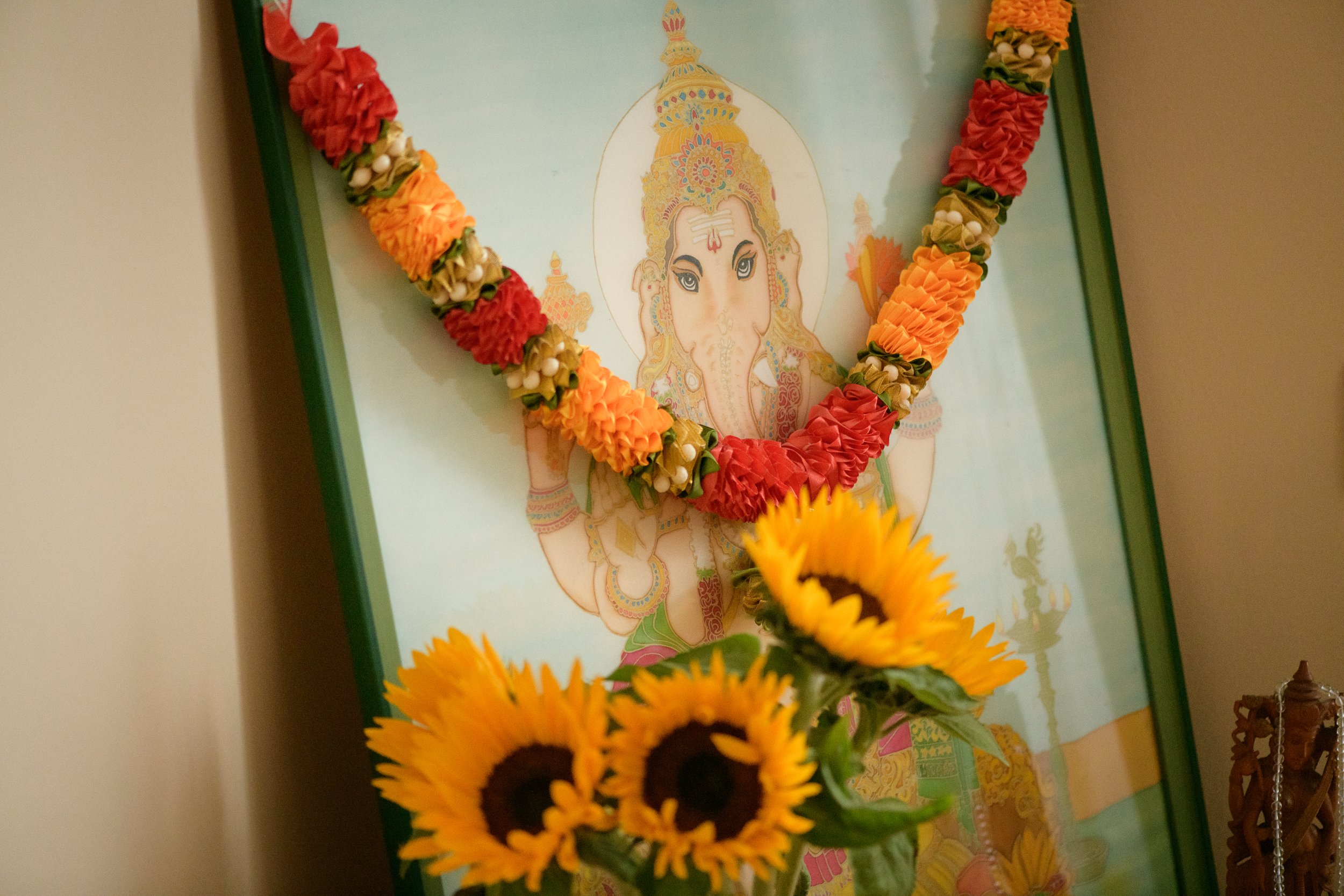
Terms and conditions of Teach Meditation course
Cost: £549, includes an extensive notes and teaching aids.
Early-bird: £499, if book with deposit before 31 Oct, 2025
To book: a £150 non-refundable deposit will hold your place on the course. Your deposit entitles you to a 1:1 introductory 2-hour class with Swami Saradananda, in which she will explain the basics of the course and look at your personal practice in detail.
The balance of payment is due 3 weeks before the start of the course.
Refunds and transfers: once payment has been made, there are no refunds. However, you may transfer to another session of the course; there is a £100 transfer fee. You must complete the course within 3 years.
Attendance: students are expected to attend all classes via Zoom and be absent only with good reason. If you are unable to attend because of illness or other emergency, you must inform the tutor before the start of the class.
Students are required to register 90% attendance at live sessions– the first class cannot be missed. If a live class is missed, it is student's responsibility to make up the content by viewing the recorded sessions and doing additional homework.
Students who do not reach the required attendance will not receive their certificate until they have made up the time/practice and assignments and this may incur additional costs. If you miss more than one class, you will be expected to transfer to a subsequent session of the course, with payment of £100 transfer fee.
Homework: all homework is non-graded, however written assignments will be either 'pass’ or ‘refer'. If a piece of work is referred, it should be resubmitted when the necessary amendments have been made. The tutor will support and advise you through this process and detailed feedback will be given.
Students must complete each assignment to the tutor's satisfaction before going on to the next assignment.
As well as completing written assignments, students are expected to arrange their own teaching practice groups. This serves to enhance the student's knowledge and develop the skills needed to be a good teacher.
Students will received practice teaching assignments and must report on each session taught in writing by answering self-assessment questions.
Students will evaluate their own practice and progress through their own reflective self-assessment and are required to keep a reflective diary showing learning progress.
Complaints must be submitted clearly in writing and will be forwarded to a panel of Yoga Alliance Professional Senior Teachers.
Code of conduct: students and teachers are expected to act with mutual respect and kindness. Students are expected to remove their shoes before attending class – and to wear loose comfortable clothing (no jeans or lycra).
Students are requested to turn off their phones (not simply put them into silent mode). No eating in class.
Accreditation: this course meets the stringent requirements of accreditation set by Yoga Alliance Professionals. Our graduates are trained to the highest standard and are eligible to register with the Yoga Alliance Professionals having the specialty of ‘Meditation Teacher'.
Certificate is given upon satisfactory completion of course
CPD: 85 hours
Syllabus of Teach Meditation Course
Modules 1-10 will meet from 1-4 pm on Zoom; on Saturdays, starting on 24 January, 2026. These are live classes and you are expected to attend all of them.
Module 1: Introduction to meditation practice and the Teach Meditation course
When, where, how long to meditate
Establishing your personal practice and keeping a practice diary
How to sit for meditation, including mudras for meditation
Module 2: Introduction to yoga’s tradition of meditation
What is meditation? Why meditate?
Harnessing the power of breath
Asanas and pranayama to sit more comfortably
Introduction to practice teaching
Module 3: nature of the mind
What is the mind; conditions of the mind
Four states of consciousness
Benefits of meditation for people with chronic illnesses
Obstacles and experiences in meditation
Begin your practice teaching
Module 4: Deepen concentration
Mantra theory
Review of Patanjali’s ashtanga yoga in relation to meditation
Module 5: the power of sound
Mantra practice
Japa and chanting
Focus on Patanjali’s yama-niyama
Module 6: the power of sound. continued
Mantra practice; chanting
Prayer and contemplation
Focus on Ahimsā and Śaucha
Module 7: positive enforcement
Chakra meditation: part 1
Affirmations
Mahavakyas
Focus on Satya and Santosha
Module 8: visual techniques
Introduction to visualisations
Chakra meditation: part 2
Focus on Asteya and Tapas
Gratitude
Module 9: Deepen your practice
Trataka
Focus on Aparigraha and Swadhyaya
Module 10: Summing it all up
How to continue
Stress reduction
Yantra meditation
Focus on brahmacharya, ishwarapranidhana

